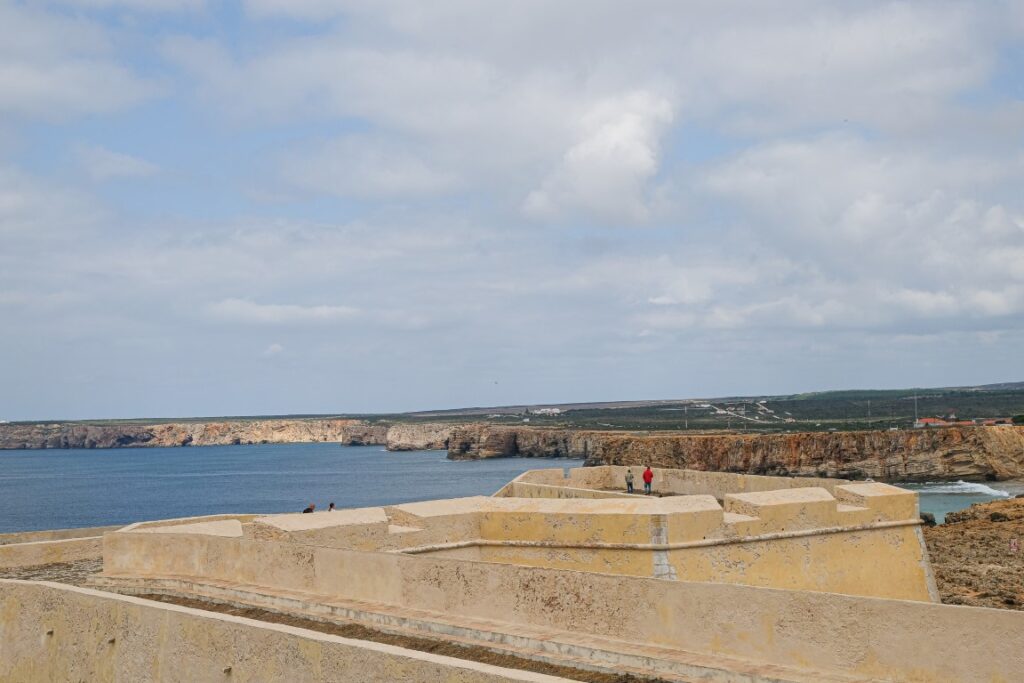The service commissions of the current directors of the equipment under the responsibility of the new company Museus e Monumentos de Portugal will cease with the creation of this entity and competitions for the positions should open until June 2024.
According to the decree-law that creates the public business entity Museus e Monumentos de Portugal (MMP), the service commissions of all museums and monuments managed by this company, as well as that of the director of the José de Figueiredo Laboratory (LJF) and that of the curator of the State Contemporary Art Collection (CACE) cease as of the entry into force of the document, which takes place on Tuesday, remaining in office until the conclusion of the competitions.
“The board of directors of Museus e Monumentos de Portugal, EPE prepares, by the end of February 2024, the terms and conditions of the tender procedures for selecting the directors of the MMP, the director of the LJF and the curator of the CACE”, can read in the decree-law, which defines that tenders must open by the end of the first half of 2024.
As for workers, in the case of MMP, given the extinction of the Directorate-General for Cultural Heritage (DGPC) and the regional directorates of Culture, they must choose to maintain their bond with the civil service or to sign a contract with the new company.
The total restructuring of the DGPC, with the constitution of the MMP and the public institute Cultural Heritage comes into force on January 01, 2024.
The MMP will have as its objectives the “management of national museums, monuments and palaces (MMP), the implementation of national museological policy and the protection, conservation and restoration, protection, research and enhancement of national collections and movable cultural heritage”.
The board of directors of the new public company, made up of a chairman and two members yet to be appointed by the Finance and Culture departments, has until the 31st of October to present a proposal for a plan of activities and budget and must take all measures so that, from January 01, 2024, the MMP guarantees “the full continuity of the activity of museums and monuments in Portugal and the fulfillment of its mission”.
MMP's income is varied: from the amount allocated by the State Budget (still to be determined for 2024) to tickets sold and other amounts registered by the spaces it manages, among others.
The MMP will have an advisory board, headed by the chairman of the board of directors and made up of the president of the public institute Cultural Heritage, a representative of each of the museums in the autonomous regions of Madeira and the Azores, representatives of all Coordination and Development Commissions Regional and the National Association of Portuguese Municipalities.
The advisory board also has five directors of museums and monuments, appointed by the group of directors, the director of the José de Figueiredo Laboratory and representatives of the International Council on Monuments and Sites (ICOMOS), the International Council of Museums (ICOM), of the Portuguese Association of Museology, the Professional Association of Conservators-Restorers of Portugal, the Portuguese Network of Museums, the Federation of Friends of Museums of Portugal, the Portuguese Episcopal Conference, as well as the president of Turismo de Portugal and the president of the Foundation for Science and Technology.
MMP will also have a board of trustees, which is responsible for “giving an opinion on all matters that the board of directors considers to be submitted to it”, particularly in the area of patronage.
This council will be made up of “five personalities of recognized merit appointed by the member of the Government responsible for the area of culture, one of whom presides”, by the president of the “Fund for the acquisition of cultural goods, to be created by own diploma”, by the president of the World Monuments Fund Portugal, and by representatives of the National Press – Casa da Moeda and the National Council of the Portuguese Diaspora.
The curator of the State Contemporary Art Collection, the Commission for the Acquisition of Contemporary Art and the Commission for the Acquisition of Cultural Assets for National Museums and Palaces are also under the responsibility of the MMP.
The new structure of Portuguese cultural heritage divides what were the powers of the DGPC into two: the public company MMP and the public institute Cultural Heritage, whose creation decree-law was also published today in Diário da República.
The House-Museum Dr. Anastácio Gonçalves, in Lisbon, the Convent of Christ, in Tomar, the Fortress of Sagres, in Vila do Bispo, the Monastery of Alcobaça, the Monastery of Batalha, the Monastery of Jerónimos and Belém Tower, in Lisbon, the Alberto Sampaio Museum and extension to the Palacete de Santiago, in Guimarães, the Popular Art Museum, in Lisbon, the Lamego Museum, the José Malhoa Museum, in Caldas da Rainha, the National Museum of Music, in Lisbon, the National Museum of Resistance and Freedom, in Peniche, and the National Museum of Archeology, in Lisbon.
The MMP will also manage the National Museum of Ancient Art, the National Museum of Contemporary Art – Museu do Chiado, the National Museum of Ethnology, the National Tile Museum, the National Museum of Theater and Dance, the National Costume Museum, the National Coach Museum, the Ajuda National Palace, the Royal Treasury Museum and the National Pantheon, in Lisbon.
The list also includes the National Museum of Conímbriga, in Condeixa-a-Nova, the National Museum of Machado de Castro, in Coimbra, the National Museum of Soares dos Reis and the Fernando de Castro House-Museum, in Porto, the National Museum Frei Manuel do Cenáculo and the Mercês Church, in Évora, the Grão Vasco National Museum, in Viseu, the Rainha D. Leonor Museum and the extension to the Santo Amaro Church, in Beja, the Palace of the Dukes, the Guimarães Castle and the Church of São Miguel do Castelo, in Guimarães, and the National Palace of Mafra.



















Comments